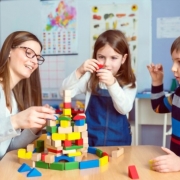Benefits Of Risky Play In An Early Education Centre
Nature Play, Risky Play and the many benefits you will see as we incorporate this into our centre curriculum here at The NEST Early Education Centre of Excellence
Our view which regards the environment as the ‘third teacher’ alongside educators and families ensures that we engage in Nature Play and Risky Play every day as an essential component of our ongoing curriculum. Our physical spaces have the potential to influence what and how our children learn, and we consider the external environment very carefully in our early learning centre; we really want to ensure our approach is one that carefully curates learning, wonder, joy and discovery in the natural world.
Extensive use is made of natural materials and our learning spaces are designed to stimulate and encourage cognitive skills, critical thinking, problem solving, memory retention skills, better reasoning and improved concentration.
Exposure to nature in our learning spaces also helps our children to regulate their emotions better and gives them opportunities to take risks, discover and explore new things, solve problems, unleash their creative sides and develop a sense of wonder. These natural play environments give children a break from the modern structured world which is ruled by screens, schedules, time limits and tests, providing them with an unstructured place where they can think independently, direct their own learning, play passively if they want to and express themselves freely.
We are underpinned by our influence in the Reggio Emelia philosophy and believe that children should be given the freedom to explore the outdoor environment and as they conduct their own learning experiences, they will become more engaged in their learning, more resilient, more socially competent and more self-confident. From the tactile surface of bark and grass to a squishy mud patch, a seating area made from tree stumps to a swinging rope, a growing garden to a pond for wading, stones and pebbles for collecting to pieces of wood for building, natural resources provide endless options for children to learn through play.
Its important to remember that for children, play is learning. This includes allowing them to explore a sense of risk, while working within our supported and guided boundaries. We allow our children to push themselves to figure out what will happen, without knowing the exact outcome – it is a fundamental way for them to develop their self-confidence, resilience, executive functioning abilities and risk management skills; research (Brussoni) shows that engaging in risky play can actually reduce the risk of injury too!
Our children reap great benefits as they grow connection and appreciation of the natural environment. In the structured, busy and technologically advanced world we live in, the role of outdoor play that we experienced as children is being forgotten – we see this as important part of our work here at the centre and look forward to sharing the results of this with you.




![[GetPaidStock.com]-63ca2b4f29399 early education centre](https://www.thenestearlyeducation.com.au/wp-content/uploads/2023/01/GetPaidStock.com-63ca2b4f29399-1-180x180.jpg)

